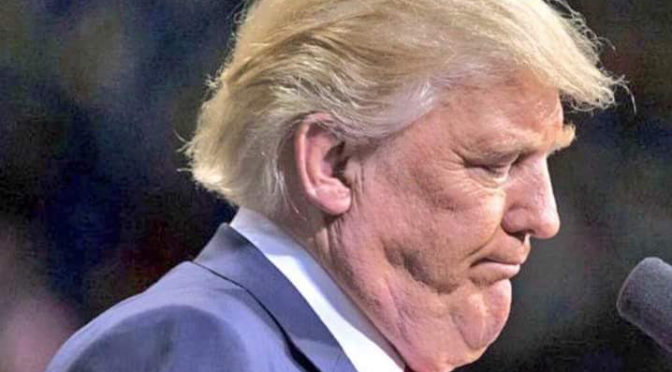This weekend, the President made a series of inaccurate statements about wind energy while omitting the many benefits it brings to communities throughout the country, particularly in the Midwest. A number of media outlets have already fact-checked the President’s remarks, but here’s a quick rundown of reality.
Wind energy is not expensive
Wind is now the cheapest source of new electric generating capacity in many parts of the country, according to sources like Wall Street investment firm Lazard Inc. In fact, wind’s costs have fallen by 70 percent over the last decade, and in many cases it’s now more cost-effective than coal or natural gas plants. Another recent study from Vibrant Clean Energy looked at Colorado’s energy future and found transitioning to wind and solar is the lowest-cost path moving forward.
Wind power creates American manufacturing jobs
Over 500 U.S. factories build wind turbine parts, employing more than 25,000 Americans. Many of these facilities are located in states that played a key role in President Trump’s election. Ohio leads the nation with 60 wind factories, while Texas is runner up with 46. Large wind manufacturing footprints are also found in Michigan (26 factories), Wisconsin (28 factories) and Pennsylvania (29 factories).
Wind power supplies pollution-free electricity
Wind turbines are largely composed of steel and concrete, the same materials as other power plants and countless other things in our modern world. A typical wind turbine repays its carbon footprint in less than six months and generates carbon-free electricity for the remainder of its 20 to 30 year lifespan. In 2019, wind helped avoid 43 million cars’ worth of carbon emissions. Wind also avoids significant amounts of air pollution like sulfur dioxide, nitrogen oxides and particulates, which create smog and trigger asthma attacks.
Studies show wind does not affect property values
The most comprehensive study to date, published in a peer-reviewed journal in 2015 by researchers from the Lawrence Berkeley National Lab (LBNL), the Federal Reserve Bank of Kansas City, Texas A&M University and San Diego State University, and involving data from more than 50,000 home sales among 27 counties in nine U.S. states concludes: “We find no statistical evidence that home values near turbines were affected in the turbine post-construction or post-announcement/pre-construction periods.
Three of the most influential factors that affect property values include tax levels, school system quality, and strength of the local economy, and wind plays a positive role in all three. Wind farms nationwide paid over $1 billion in state and local taxes and land lease payments in 2019. Rural communities that often have low tax bases benefit tremendously from the influx of new tax revenue wind farms bring. For example, the town of Sheldon, New York eliminated its local taxes for eight years because wind revenue covered the community’s entire budgetary needs. In Ohio, the Lincolnview School District was able to provide every student with a laptop because of new wind resources. And wind improves local economies, strengthening family farms by paying over a quarter of a billion in lease payments every year and creating well-paying wind technician positions in rural communities.
Wind energy is wildlife friendly
Wind causes less than 0.01 percent of all human-related bird deaths. Exponentially larger sources include tall buildings (550 million) and cars (80 million). “You can’t be against renewable energy, wind and solar, if you are for protecting birds,” said David O’Neill, chief conservation officer at the Audubon Society.
Wind also has vanishingly small impacts on bald eagles– only a few bald eagles in the four-decade history of the industry have ever been impacted by wind projects. There is no certain number of bald eagles a wind turbine can kill before it must be shut off.
Many of President Trump’s supporters are from communities in the Wind Belt, which stretches from Texas up through the Dakotas. In fact, American wind power has invested $125 billion in states that voted for the President, and almost 80 percent of the wind farms built in the U.S. since 2016 are in states the President carried. At the Congressional level, 78 percent of Republican districts have a wind farm, wind-related factory, or both. We hope the President recognizes these positive impacts moving forward.


